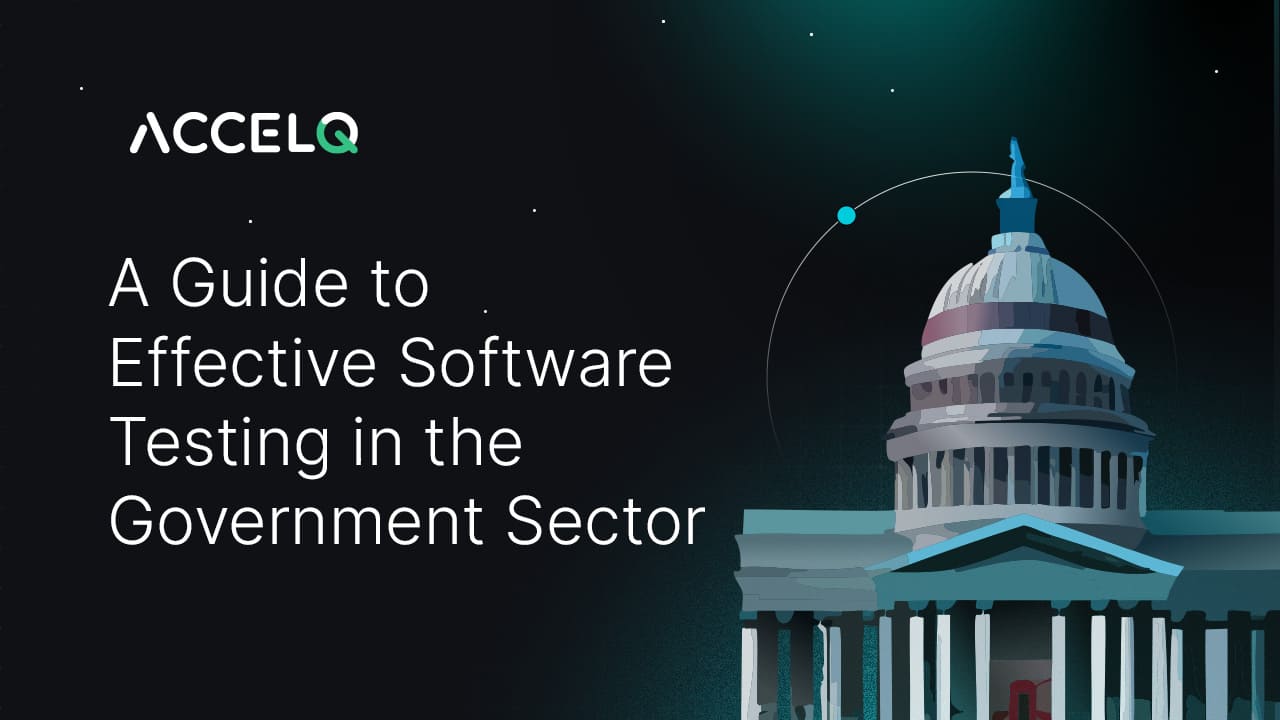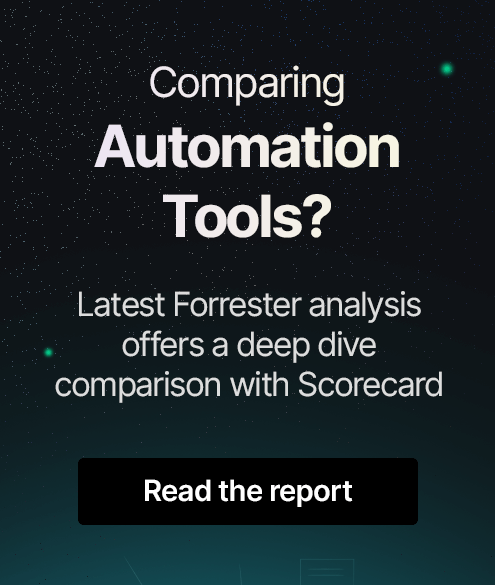A Guide to Effective Software Testing in the Government Sector

The stakes are higher for public applications. They must be secure, reliable, and compliant with solid regulations. A software failure can disrupt critical services, compromise sensitive data, and erode public trust. This makes thorough software testing necessary and a mandate for public sector projects.
Unlike private enterprises, government entities must avoid making mistakes or overlooking potential vulnerabilities. This blog explores the importance of specialized testing for public sector.
The Need for Effective Tech Testing in the Government Sector
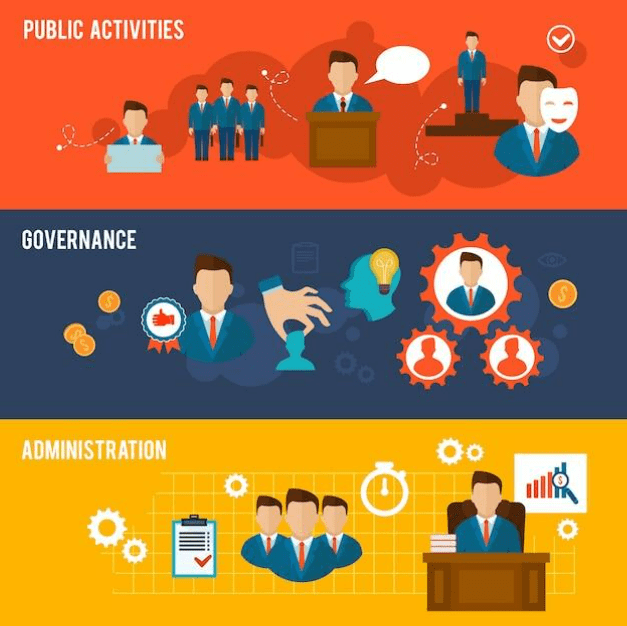
Government agencies must maintain the stability, accessibility, and reliability of their apps and websites. This makes tech testing a critical requirement in the software development process. It evaluates and ensures the quality, functionality, security, and reliability of software applications and systems used by government agencies and departments. Furthermore, it ensures that government software performs as intended and meets users' needs.
- Identify and rectify defects, bugs, and inconsistencies that may affect the software’s performance over time.
- Adhere to high-quality standards and ensure the software functions correctly and reliably.
- Detect vulnerabilities and weaknesses in the software’s security infrastructure and safeguard citizen data against unauthorized access or breaches.
- Validate features continuously, meet specific functional requirements, and provide the intended services as needed.
- Ensure the government software is user-friendly and accessible to a diverse population, including people with disabilities.
- Seamlessly handle varying loads during peak periods like elections or emergencies – without causing any user experience issues.
- Ensure government systems interact with various other platforms, browsers, devices, operating systems, and network environments.
- Comply with relevant laws and adhere to specific regulations, standards, and legal requirements.
- Continuously monitor systems for performance, security, and usability issues and address problems that may arise during real-world usage.
- Ensure smooth collaboration between different departments, agencies, and stakeholders.
- Identify and mitigate risks associated with software failures, security breaches, or data leaks, and maintain security levels.
The future of testing is Codeless!
Join the universe of automation testing with our AI-powered platform!
The Challenges of Test Automation for Government Agencies
Test automation offers numerous benefits, such as increased efficiency, faster testing cycles, and improved software quality. But it also presents unique challenges due to the specific nature of government operations.
Here's a rundown of the common challenges encountered during testing for public sector:
1. Complex Workflows
Government operations often involve intricate workflows and complex business processes. These need a careful analyzing process to identify and automate test scenarios.
2. Skills Gap
Implementing and maintaining test automation requires technical expertise, infrastructure, and resources. However, government agencies might face a shortage of skilled automation engineers, which can hinder the successful implementation of automation.
3. Fluctuating Requirements
Government projects can experience changing requirements due to policy shifts or evolving citizen needs. For software systems with long lifecycles, maintaining and updating test scripts over an extended period can prove difficult.
4. Legacy Systems Integration
Many government agencies rely on legacy systems that might be incompatible with modern automation tools. To that end, integrating test automation with these legacy systems can be technically demanding and time-consuming.
5. Complex Operating Environments
Government software often needs to run on various platforms, devices, and environments. Ensuring that automated tests cover the breadth of these platforms requires careful planning and technical expertise.
6. Security and Privacy Concerns
Automated tests often involve handling sensitive data. Therefore, ensuring that the automated testing environment is secure and that test data is handled appropriately is crucial to preventing breaches.
7. Compliance Demands
Government software needs to adhere to strict regulatory and compliance standards. So, automated tests must be designed to verify that the software meets these standards. Also, careful validation of test results against regulatory requirements is critical.
8. Vendor Dependence
Government projects usually rely on third-party vendors for software development and testing. However, this dependence on vendors can lead to challenges regarding tool compatibility, vendor support, and alignment with government processes.
What Makes ACCELQ a Leader in Test Automation for Government Agencies?
Government agencies need to adopt a unique test automation tool that can help address the above challenges.
As a leader in test automation, ACCELQ paves the way for seamless tech testing. Built using cloud and AI technologies, the tool revolutionizes the realm of test automation for government agencies. It enables seamless digital transformation for government organizations, allowing them to test and validate critical applications with less time and risk. This allows them to keep up with shorter release cycles—and maintain quality levels of their apps and websites.
Let's look at how ACCELQ can help master QA automation and meet the unique requirements of government sector environments:
Ease of Use
As an AI-powered, no-code platform, ACCELQ is designed to be user-friendly. The platform allows government agencies to automate tests easily and quickly — without the need for any coding skills.
End-to-End Automation
In addition to being easy to use, ACCELQ allows for end-to-end test automation for government agencies. It automates the complete testing process, from legacy green screens to desktop thick clients. It also automates testing for modern web to micro-services, API, and mobile apps.
Accelerated Automation
ACCELQ also allows for accelerated test automation. Reducing time and effort to automate tests enables government agencies to deploy and deliver their applications quickly.
Agility and Flexibility
Government agencies need to respond to emerging market trends and changes with agility. ACCELQ provides the flexibility to adapt to changing requirements and test scenarios. Government agencies can easily modify and update test cases as needed and be extremely responsive to evolving needs.
Design-First Approach
ACCELQ's design-first, business process-focused approach with inbuilt modularity significantly reduces maintenance in test automation for government agencies. Since it is a true platform that enables continuous test automation, there is no need for any custom frameworks.
Enterprise Ready
As an enterprise and CI-ready platform, ACCELQ is highly scalable and secure as a test automation tool. Government agencies can use one unified platform to automate multiple channels across cloud applications and technology stacks.
Early Automation
Government agencies need to be able to enable quick automation, and that's what ACCELQ helps achieve. It enables in-sprint automation with industry-first virtualized abstraction for functional testing, allowing for early and comprehensive test automation.
Seamless Integration
Government agencies rely on several tools and systems for day-to-day functioning. ACCELQ integrates seamlessly with this large ecosystem of tools like Jira, Azure DevOps, TFS, Jenkins, Bamboo, etc. This allows them to connect to all their testing needs in one go.
Government tech testing needs a modern, user-friendly, and code-free automation tool for all levels to be adequate.
Get your demo to learn more about how ACCELQ can help improve the testing process's efficiency, accuracy, and reliability. Start using this tool today to ensure government applications meet quality, regulatory, and user experience standards.
Nishan Joseph
VP Sales Engineering
Nishan is a tech strategist with expertise in Test Automation and roles at giants like TCS, Microfocus, and Parasoft. At ACCELQ, he champions Strategic Alliances, cultivating global tech partnerships. Educated at Leeds University and Symbiosis Pune, he also possesses an engineering background from Bangalore.
Discover More
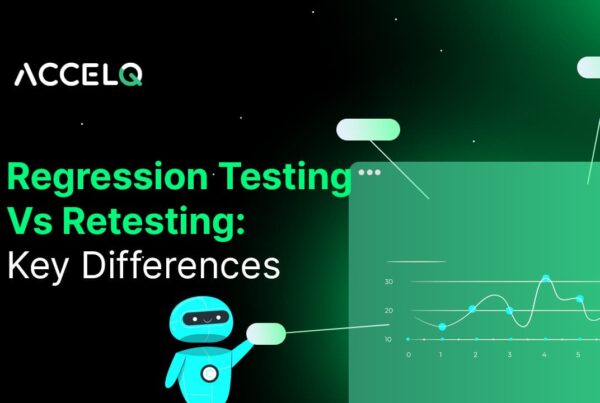 Regression Testing and Retesting: Key Differences and Best Practices
Regression Testing and Retesting: Key Differences and Best Practices
Regression Testing and Retesting: Key Differences and Best Practices
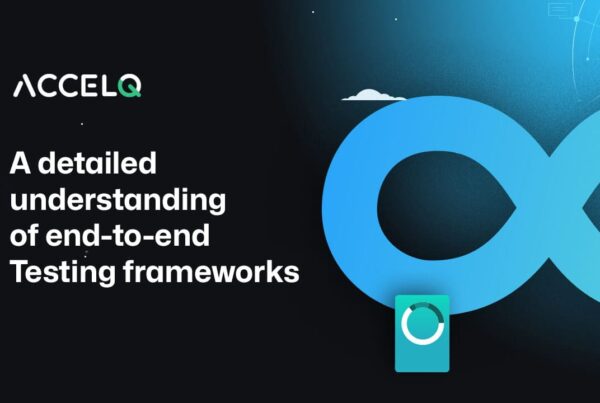 ACCELQ – End-to-End Testing Framework
ACCELQ – End-to-End Testing Framework






























